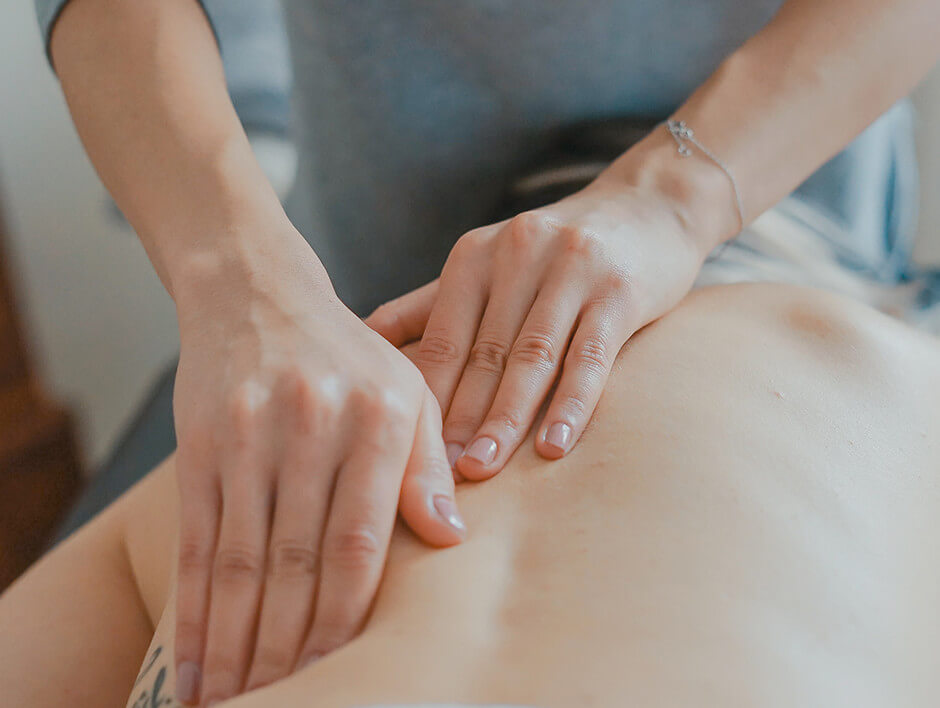DailyBask...
Your Path To A Pain-Free Mobility & Wellness

Welcome to DailyBask, your trusted community for health, wellness, and joyful living
We’re here to support seniors in embracing a life full of vitality, free from the pain that may come with aging. Our mission is to empower you with science-based insights, practical tips, and compassionate support to regain mobility, enhance your strength, and lead a healthier, happier life.
At DailyBask, we believe in the power of small, consistent changes. Whether you’re seeking relief from knee pain, looking for nutritious recipes, or eager to build healthy habits, we’re here to guide you every step of the way. Join us as we explore the path to wellness together, celebrating every victory, big or small.
Subscribe to our newsletter and join our Facebook community.
Connect with us for daily inspiration, expert advice, and a community that understands your journey. Let’s make every day a step towards better health!.

Read Our Blog
We’re here to support seniors in embracing a life full of vitality, free from the pain that may come with aging. Our mission is to empower you with science-based insights, practical tips, and compassionate support to regain mobility, enhance your strength, and lead a healthier, happier life.
DailyBask
Information on this website is provided for informational purposes only and is not intended as a substitute for the advice provided by your physician or other healthcare professional. You should not use the information on this website for diagnosing or treating a health problem or disease, or prescribing any medication or other treatment. Any third party offering or advertising on this website does not constitute an endorsement by DailyBask